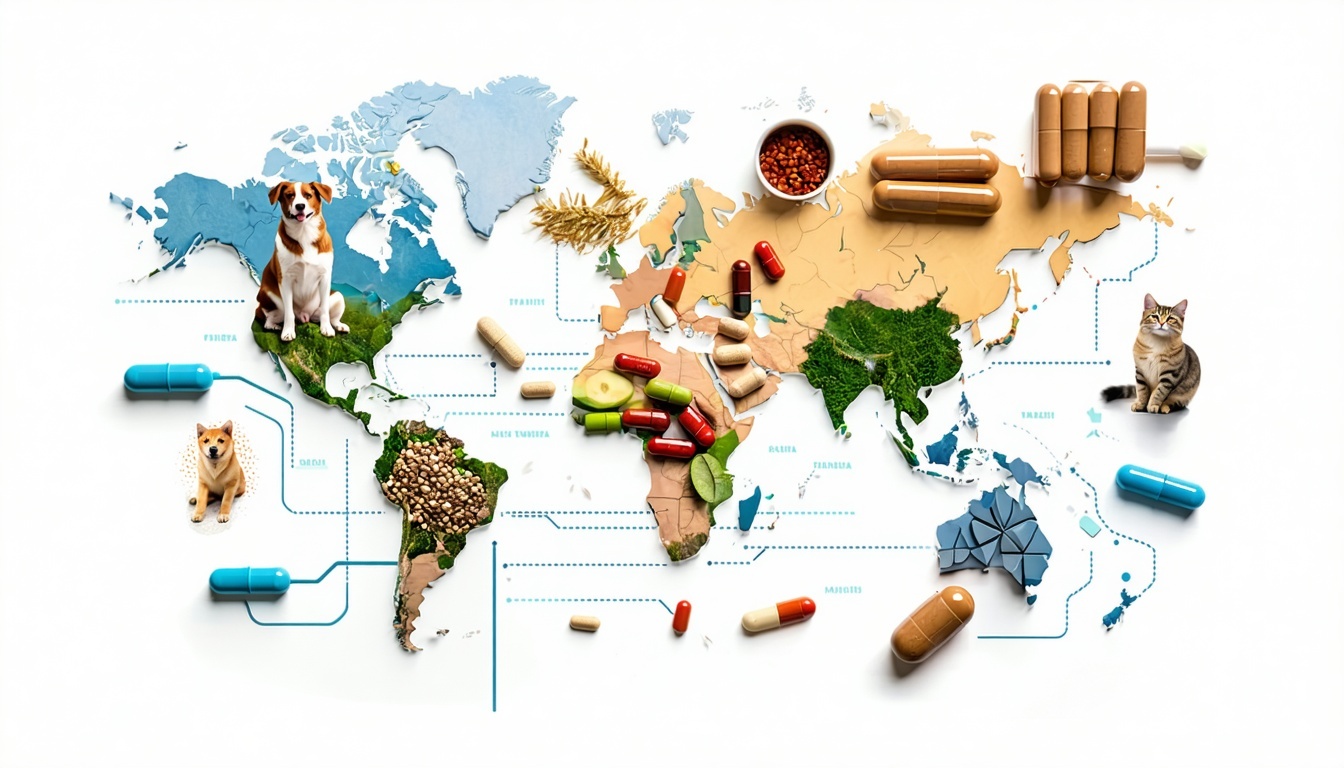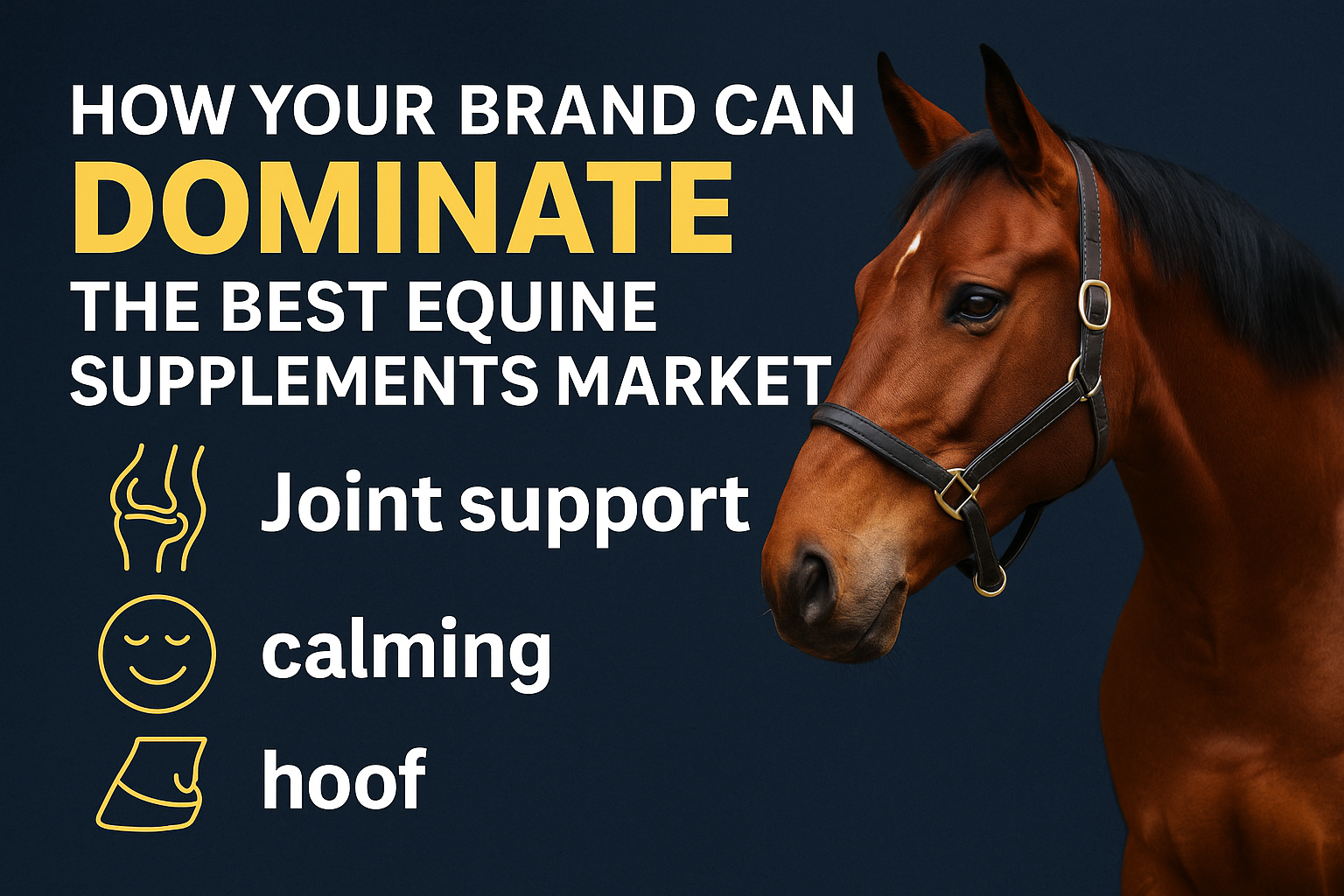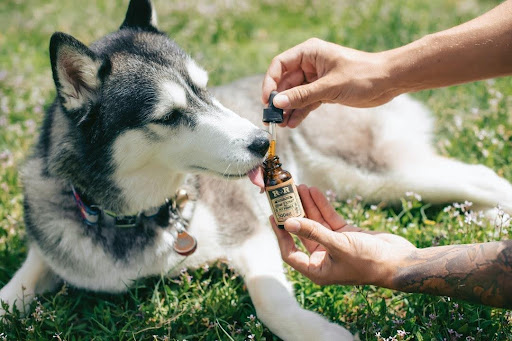
Written By: Pet Tech Labs Team
Selling your pet supplements online is one thing. Shipping them overseas is a whole different ball game. As more U.S. pet brands eye global markets through Amazon International, direct-to-consumer (DTC) sales, and new distribution channels, the appeal of expanding abroad is clear. However, exporting animal health supplements isn't as simple as printing a shipping label. Mistakes can lead to costly customs delays, significant fines, or even damage to the reputation of your brand.
Not all supplements are created equal in the eyes of international regulations. The origin of your ingredients—whether animal-derived or synthetic—matters immensely. Supplements containing animal-origin ingredients carry a higher risk of regulatory hurdles. Common ingredients that often raise flags include:
Conversely, synthetic vitamins usually face fewer restrictions. The bottom line? The ingredient source matters more than you might think when it comes to export compliance.
Navigating the regulatory landscape for exporting pet supplements can feel like piecing together a complex puzzle. Multiple agencies play a role:
No single agency covers everything. Brands must gather information from each to ensure full compliance.
If your supplements contain animal-derived ingredients, you’ll likely need USDA APHIS certification. Use the APHIS IRegs database to check requirements by country. If certification is needed, you’ll typically apply via eFile for a VS-16-4 or similar form. Plant-based formulas may not require certification, depending on the destination country.
Don't assume that what works in one market will work in another. Export regulations vary significantly by country. For example:
Each country has unique documentation, registration, and labeling rules. Review them carefully before shipping.
Labeling is one of the most common compliance issues in international shipping. Some markets require formulas to be translated into the local language. Others may reject your shipment over unapproved claims, missing batch numbers, or even font size. A few tips:
Working with a manufacturer that understands international pet supplement export requirements can save you time, money, and compliance headaches. At Pet Tech Labs, we help brands:
If you’re ready to expand into new markets, we’re here to help simplify the process. We’ve worked with brands targeting Canada, South America, Southeast Asia, and beyond.
You don’t have to guess your way through exports. We’ll help you launch with confidence—without risking customs hold-ups, fines, or product recalls.

The equine supplement market is bigger—and more wide open—than most brands realize. Search volume...
Pet Tech Labs Team

Approximately 40% to 60% of pet owners consider packaging and labels when shopping for animal...
Pet Tech Labs Team

Pet Tech Labs® sets the gold standard for companies looking for top-quality pet supplements and private labeling or contract manufacturing solutions
Pet Tech Labs® is part of the FoodScience® family of brands. Learn more at foodsciencecorp.com
1877 Midland St.
Syracuse, NE 68446
402.269.3195
FoodScience® LLC
929 Harvest Lane
Williston, VT 05495
1-800-451-5190